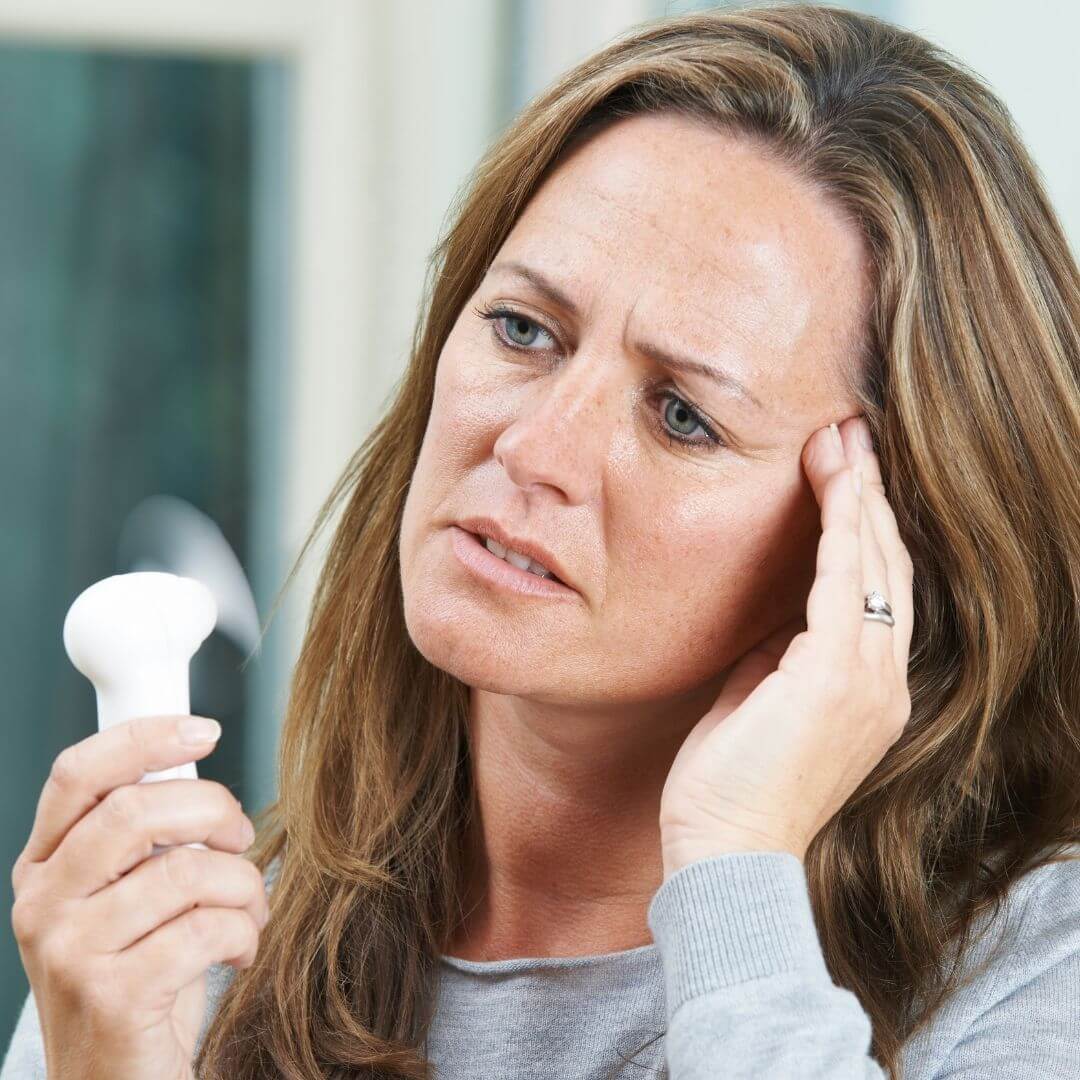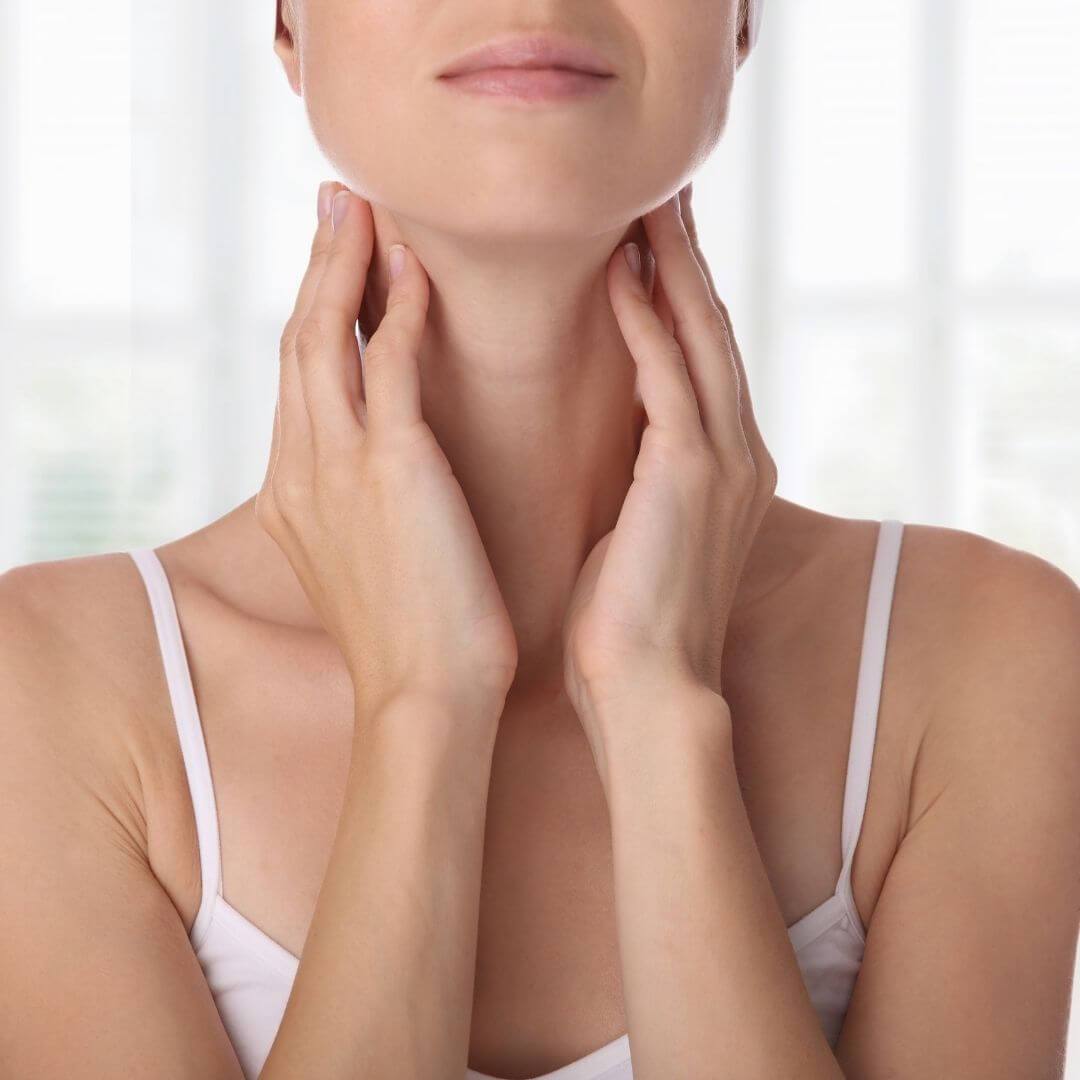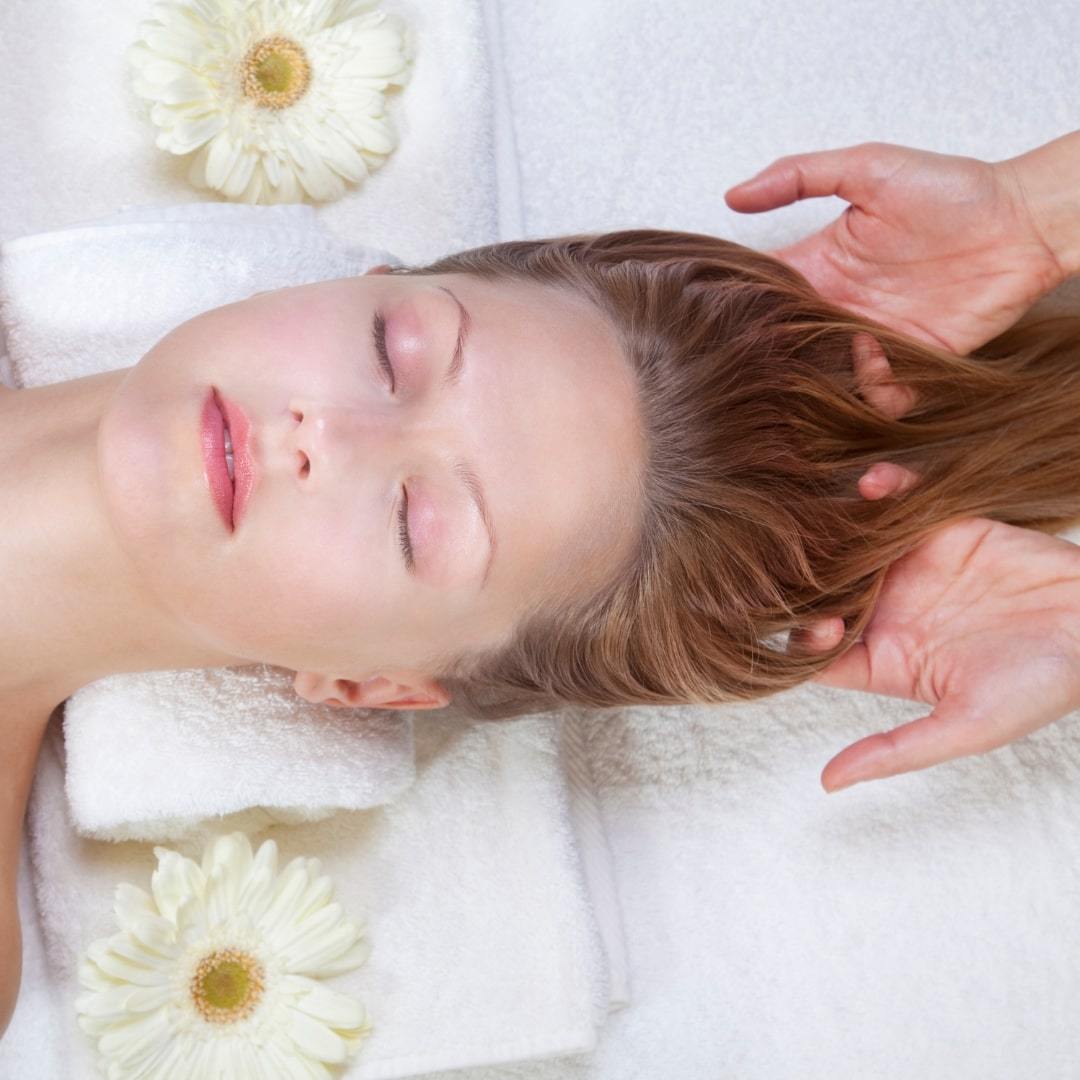Hair loss is a common problem that affects millions of men worldwide. It can be a source of frustration and insecurity, altering one's appearance and self-confidence. While there are various factors that contribute to hair loss, DHT sensitivity is often overlooked as a key culprit in male pattern baldness. In this blog post, we will delve into the science behind DHT sensitivity in men and how it leads to hair loss. By understanding this crucial factor, you can take proactive steps towards combating hair thinning and regaining a fuller head of hair. So if you're tired of seeing your hairline receding or noticing increased shedding, read on to learn more about the role of DHT sensitivity in men's hair loss.
I. Understanding DHT and Its Impact on Hair

DHT, or dihydrotestosterone, is a hormone that can have a significant impact on hair growth and loss. It is often associated with male pattern baldness, which affects approximately 50% of men over the age of 50. DHT is produced in the body by an enzyme called 5-alpha reductase, which converts the male hormone testosterone into DHT. While DHT is important for male sexual development, it can also attach to hair follicles on the scalp, causing them to shrink and eventually stop producing hair altogether. Understanding the role of DHT in hair loss is crucial for developing effective treatments and preventative measures.
A. What is DHT? Exploring Dihydrotestosterone
Dihydrotestosterone, or DHT, is an androgen hormone that plays a crucial role in the development of male characteristics, such as facial hair growth and deepening of the voice. However, when DHT levels become imbalanced, it can lead to hair loss in men. This occurs when DHT binds to hair follicles, causing them to shrink and eventually stop producing new hair. While DHT is an important hormone in male development, understanding the role it plays in hair loss can help inform potential treatments and remedies for this common condition.
B. How DHT Affects Hair Follicles: The Mechanism of Hair Loss
Hair loss is a common concern among men across the world. One of the predominant factors behind this issue is dihydrotestosterone, or DHT. This hormone, which is derived from testosterone, binds to hair follicles on the scalp and triggers a process called miniaturization. As a result, the hair follicles become smaller, and the hair produced by them becomes thinner, shorter, and eventually stops growing entirely. Understanding the mechanism of hair loss can help men take proactive measures to prevent or slow down the effects of DHT on their hair. By working with healthcare professionals, they can explore solutions such as medications and hair transplant procedures to regain their full head of hair.
C. Genetic Factors: Why Some Men Are More Sensitive to DHT
Dihydrotestosterone (DHT) is a hormone that plays a crucial role in male development. Unfortunately, for many men, an excess in DHT can lead to hair loss, a condition that affects 50 million men in the United States alone. But why do some men experience more hair loss than others? The answer lies in genetics. Research has shown that certain genes can make men more sensitive to DHT, which can trigger hair loss at a faster rate. This scientific understanding is crucial for developing effective treatments and ultimately helping men maintain their confidence and quality of life. By educating ourselves about the underlying factors of hair loss, we can become better equipped to address this common concern.
II. Identifying and Managing DHT Sensitivity
DHT sensitivity is a common issue for many men who experience hair loss. DHT, or dihydrotestosterone, is a hormone that plays a significant role in hair loss. When DHT levels are too high, it can cause hair follicles to shrink, resulting in thinner hair or even bald spots. Identifying and managing DHT sensitivity is essential when it comes to hair loss. There are a variety of treatments and options available, such as topical solutions or medication, that can help to manage DHT levels and prevent further hair loss. Understanding the role that DHT plays in hair loss is the first step in managing sensitivity and regaining confidence.
A. Early Signs of DHT Sensitivity: What to Look For
As men age, concerns about hair loss start to become more common. One of the key culprits behind hair loss in men is DHT, a hormone that can cause hair follicles to shrink. But how do you know if you're particularly sensitive to DHT? There are a few early signs to look for, including a receding hairline, thinning hair on the crown of the head, and an increase in the amount of hair shed during washing or brushing. These signs can indicate that you're genetically predisposed to being more sensitive to DHT than others. By recognizing these early symptoms, you can take steps to address hair loss before it becomes more advanced.
B. Effective Treatments: Medications and Topical Solutions
Hair loss is a common issue among men, and DHT, a hormone produced by the body, is often the culprit. Luckily, there are effective treatments available to combat hair loss. Medications such as finasteride and minoxidil have been proven to reduce DHT levels and promote hair growth. Topical solutions, such as shampoos and serums, can also help fight hair loss by delivering nutrients directly to the scalp. It's important to remember that finding the right treatment for your hair loss may take some trial and error, but with persistence and expert guidance, regaining lost locks is possible.
C. Natural Remedies: Herbal Supplements and Diet Adjustments
As men age, hair loss is a common concern worth addressing. One major contributor to hair loss is DHT, a hormone that can damage hair follicles. While there are a variety of methods for treating hair loss, natural remedies can be a great place to start. Herbal supplements and diet adjustments are two approaches that may effectively combat hair loss. Certain herbs, such as saw palmetto, may help block the production of DHT. Meanwhile, nutrient-rich diets that include vitamins and minerals like zinc and BIOTIN may promote hair health. With natural remedies, men with hair loss have the opportunity to improve their hair health in a holistic and sustainable manner.
III. Practical Tips for Reducing Hair Loss

Hair loss is a common problem among men, and it is often caused by a hormone called DHT. This hormone is produced by the body and is responsible for shrinking hair follicles, eventually leading to hair loss. Fortunately, there are several practical tips that men can use to reduce hair loss and keep their hair healthy. For example, avoiding hairstyles that pull on the hair, eating a nutrient-rich diet, and using gentle hair care products can all help to reduce hair loss. Additionally, taking care to manage stress levels and getting regular exercise can also be helpful. These simple tips may seem small, but they can make a big difference in keeping your hair healthy and strong.
A. Scalp Care: Shampoos, Conditioners, and Serums That Help
Scalp care is an aspect of grooming that is often overlooked, especially among men. However, with the rise in hair loss cases, it's vital to take proper care of your scalp to maintain healthy hair growth. One effective way to do this is by investing in shampoos and conditioners that contain ingredients like biotin, keratin, and essential oils that nourish the scalp. Additionally, using a serum can help combat the hormone DHT, which is a major cause of hair loss in men. By incorporating these products into your hair care routine, you can improve the health of your scalp and promote fuller, healthier hair.
B. Lifestyle Changes: Reducing Stress and Improving Overall Health
For men who are concerned about their hair health, it's important to know that lifestyle changes can have a significant impact on reducing stress and improving overall health. While there is no magic product that can prevent hair loss, using the right shampoo and conditioner can help keep your scalp and hair healthy. Additionally, using a serum that targets DHT (dihydrotestosterone), a hormone that can contribute to hair loss, can help slow down thinning hair. However, it's important to also address the root cause of stress and poor health through exercise, diet, and stress management techniques. By making these lifestyle changes, men can take control of their hair health and overall well-being.
C. Professional Guidance: When to Consult a Dermatologist
Hair loss can be a source of frustration and anxiety for many men. While some hair loss is natural with age, excessive and premature hair loss may be the result of hormonal imbalances, particularly of DHT, a hormone derivative of testosterone. Consulting with a dermatologist may be a wise decision for men experiencing hair loss. Dermatologists are medical professionals specializing in the diagnosis and treatment of skin, hair, and nail issues. They can help determine the cause of hair loss and recommend a course of action. Depending on the severity and underlying cause of hair loss, a dermatologist may suggest topical or oral medications, hair loss treatments, or hair restoration surgery. Seeking professional guidance from a dermatologist can not only help address hair loss but also provide useful information for overall skin and scalp health.
In conclusion, it is clear that DHT plays a major role in hair loss for both men and women. Understanding the biochemical process of DHT and its effects on hair follicles is crucial in identifying and managing DHT sensitivity. While some individuals may be genetically more prone to hair loss due to DHT, there are effective treatments such as medications and topical solutions, as well as natural remedies like herbal supplements and diet adjustments. Additionally, taking care of your scalp with specific shampoos, conditioners, and serums can also help reduce hair loss. Incorporating lifestyle changes such as reducing stress levels and improving overall health can have a positive impact on hair health. And if all else fails, seeking professional guidance from a dermatologist can provide personalized solutions for your unique situation. Don't let DHT control your hair's fate – take action by incorporating these tips into your routine using products like shampoo and conditioner or hair serum to combat the effects of DHT and maintain healthy hair growth. Remember, with the right knowledge and tools, we can all achieve luscious locks despite our genetic predispositions. So start implementing these tips today to give your hair the best chance at staying strong, vibrant, and beautiful for years to come!














